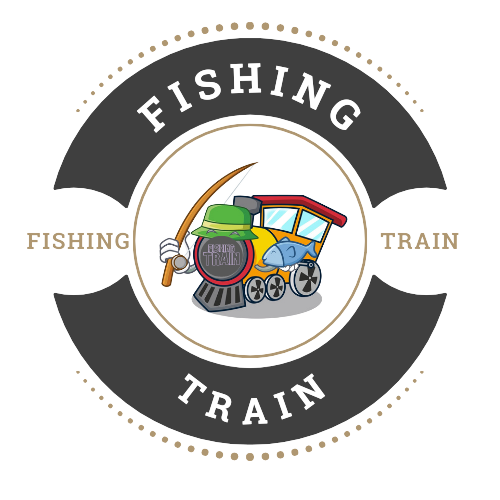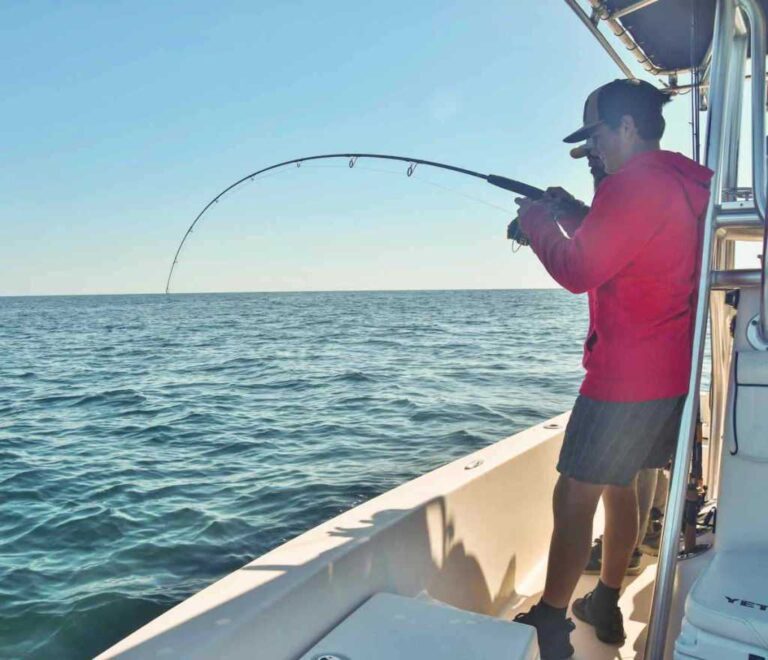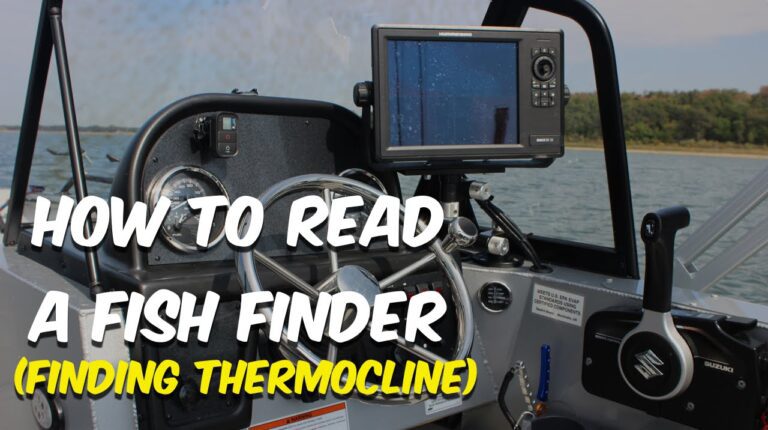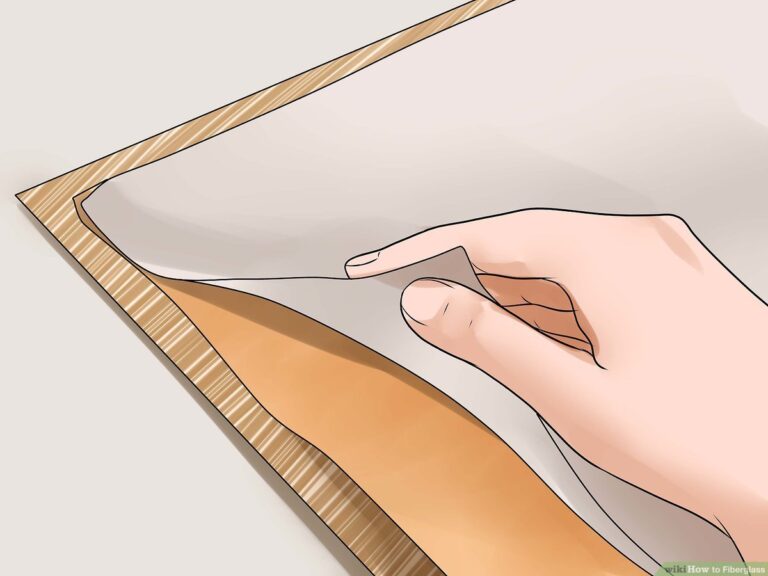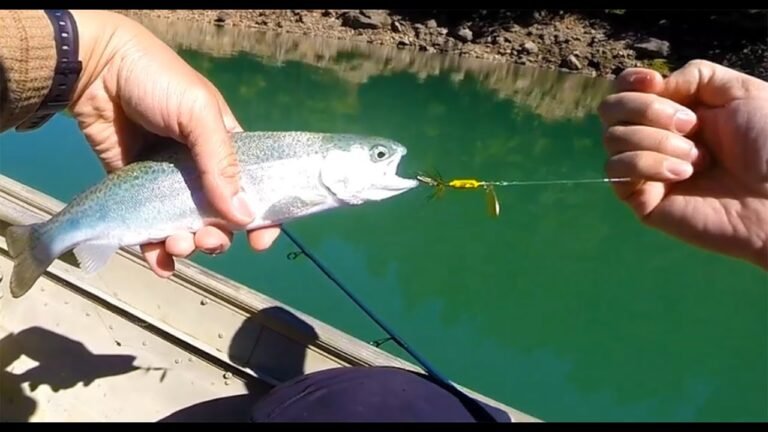When is It Too Windy to Fish | Windy Conditions 2025
The answer to this question depends on the type of fishing you are doing. If you are fly fishing, then you want to avoid windy conditions because it makes casting your line more difficult. If you are trolling or bottom fishing, then a little bit of wind can actually be helpful in keeping your boat moving.
But if the wind is too strong, it can make it difficult to control your boat and keep your line in the water. So, ultimately, it is up to the fisherman to decide when the conditions are too windy to fish.
When is it too windy to fish? This is a question that many anglers ask, as high winds can make for difficult fishing conditions. Here are a few things to consider when trying to decide if the wind is too strong to fish in:
-The type of boat you have: If you have a small boat or kayak, high winds can be dangerous as they can easily capsize your vessel. It’s best to avoid fishing in strong winds if you’re not in a stable, large boat.
-The type of water you’re fishing in: Rough, choppy waters can be tricky to fish in even under the best of conditions.
When it’s windy, these conditions can be amplified and make for an uncomfortable (and unsafe) day on the water.
-Your level of experience: If you’re new to fishing, or don’t have a lot of experience handling your boat in rough conditions, it’s best to err on the side of caution and wait for calmer weather before heading out.
So, when is it too windy to fish?
There’s no easy answer, as it depends on a variety of factors. However, if you use common sense and err on the side of caution, you’ll be sure to have a safe and enjoyable day out on the water – no matter what the weather brings!
When is It Too Windy to Fish Offshore
When is It Too Windy to Fish Offshore?
The short answer is that it is usually too windy to fish offshore when the waves are more than three feet high. This is because waves of this size can make it difficult to keep your boat stable, and they can also create a lot of spray and foam that can making fishing difficult.
However, there are some exceptions to this rule. If you have a very large and stable boat, you may be able to fish in six-foot waves. And if the waves are not too choppy, you may be able to get by with four-foot waves.
But in general, it is best to stay close to shore when the waves get too big.
How Much Wind is Too Much for Boating
How Much Wind is Too Much for Boating?
We all know that wind can be a major factor when it comes to boating. But how much wind is too much?
This is a question that often plagues boaters, especially those who are new to the sport.
The answer, unfortunately, is not always black and white. It depends on a number of factors, including the type of boat you have, the size of your boat, the experience of your crew, and the conditions of the water.
That said, there are some general guidelines you can follow to help you determine if the wind is too strong for boating.
First and foremost, always check the weather forecast before heading out on the water. If there’s a chance of high winds, it’s best to stay ashore.
Even if you’re an experienced boater, it’s not worth risking your safety (or your boat) in potentially dangerous conditions.
Best Wind Speed for Fishing
There’s no definitive answer to this question – it depends on a number of factors including the type of fish you’re hoping to catch, the location you’re fishing, and the time of year. That said, there are some general guidelines you can follow when it comes to wind speed and fishing.
In general, light winds are best for fishing.
A gentle breeze can help disperse fish-attracting scents in the water and make it easier for fish to find your bait or lure. However, if the wind is too light, it can make casting difficult. For this reason, many anglers prefer a moderate wind speed when they’re fishing.
Of course, there are always exceptions to the rule. In some cases, strong winds can actually be beneficial for fishing. For example, if you’re trying to reach deep waters that are otherwise inaccessible, a strong wind can help push your boat along.
Similarly, strong winds can create currents that attract certain types of fish or drive baitfish into areas where predators are waiting. So don’t be afraid to experiment with different wind speeds – you may be surprised at what works best in different situations!
Best Wind Direction for Saltwater Fishing
There is no definitive answer to the question of which wind direction is best for saltwater fishing. It depends on a variety of factors, including the type of fish you’re targeting, the time of year, and the specific location. In general, though, there are a few wind directions that tend to be more productive than others.
North winds are often good for fishing because they push warm water towards the shore. This can attract baitfish, which in turn attracts larger predators. South winds can also be effective, but they typically don’t last as long as north winds and can sometimes create choppy conditions.
East winds tend to be fairly calm and stable, making them ideal for trolling or bottom fishing. West winds can be good for surfing or light tackle fishing, but they can also stir up sediment and make visibility poor.
ultimately, it’s important to pay attention to the weather forecast before heading out on your saltwater fishing adventure.
By doing so, you can increase your chances of finding fish in productive waters.
15 Mph Wind on Lake
When it comes to fishing, most anglers know that wind is important. The direction and speed of the wind can have a big impact on fish behavior. It can also affect where fish are holding in the water column and how they relate to structure.
In general, the greater the wind speed, the more difficult it becomes to fish. But there are certain types of fishing that can be quite productive when the winds are blowing hard. Here’s a look at how wind affects different styles of fishing on lakes.
Fishing with live bait: When using live bait like minnows or nightcrawlers, it’s important to keep them moving so they stay alive and look natural to the fish. A good rule of thumb is to use just enough weight to get your bait down deep where the fish are holding in relation to the amount of chop on the surface caused by the wind. If you’re fishing in very shallow water, you may not need any weight at all.
The key is to experiment until you find what works best for each situation.
Jigging: Jigging is a great way to catch fish when it’s windy because you can keep your lure right in front of their face no matter how much chop there is on the surface. The key is using a heavy enough jig so it doesn’t get blown around too much by the wind and staying in constant contact with bottom so you don’t hang up as often.Vertical presentations like jigging are also less affected by changes in direction than horizontal presentations like casting or trolling.
.
Trolling: When trolling, it’s important to use heavier weights or planers (devices that help keep your line vertical) so your lures stay down deep where the fish are holding despite being pulled through choppy water by a boat moving at a relatively fast speed..
You may also need to slow down if you’re trolling into a strong headwind..
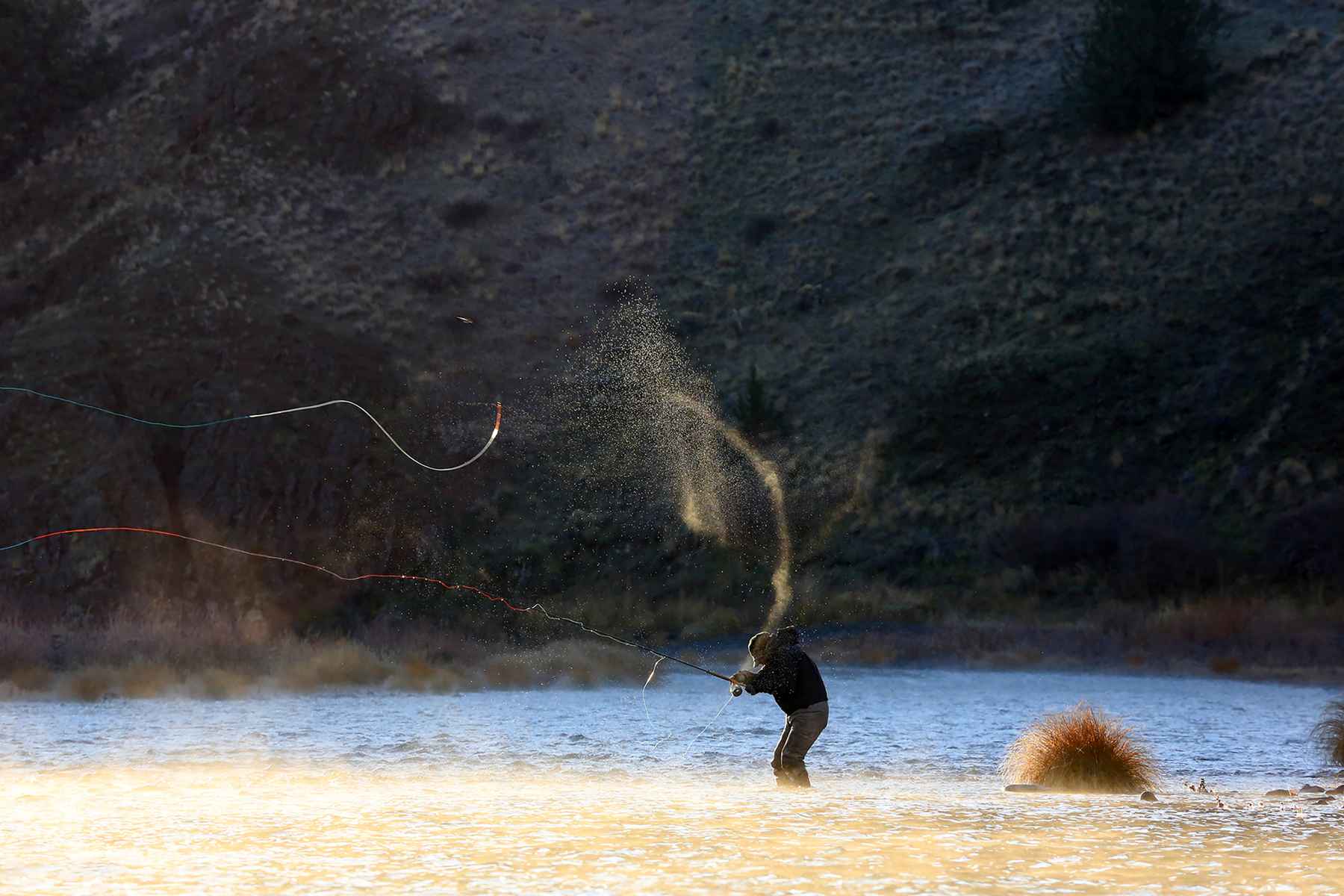
Credit: www.hatchmag.com
Is 15 Mph Wind Strong for Fishing?
No, 15 mph wind is not too strong for fishing. In fact, many anglers believe that a moderate breeze can actually help to improve fishing conditions. The movement of the air can trigger feeding activity in fish, and the extra oxygen in the water can also be beneficial.
Additionally, wind can help to keep fish cooler in warm weather and warmer in cold weather, both of which can make them more active and easier to catch.
Do Fish Bite When It’S Windy?
We all know that feeling of being bitten by a fish. It’s happened to the best of us, and it usually happens when we’re least expecting it. But have you ever wondered if there’s a correlation between windy conditions and being bitten by a fish?
Let’s take a closer look.
It turns out that there is some evidence to suggest that fish are more likely to bite when it’s windy. One theory is that the wind disrupts the surface of the water, making it harder for fish to see their prey.
This makes them more likely to mistake your hand or bait for food.
Another theory is that windy conditions can actually make fish more active. The movement of the water can stimulate their senses and make them more likely to strike at anything that moves.
So if you’re fishing in windy conditions, be prepared for an increase in bites!
Of course, this isn’t a guarantee that you’ll get bitten every time it’s windy out. There are other factors at play, such as the type of fish you’re targeting and the time of day.
But if you’re looking to increase your chances of getting a bite, head out on a breezy day!
Can You Fish in 14 Mph Wind?
Fishing in high winds can be a challenge, but it’s not impossible. Here are a few tips to help you make the most of your fishing trip when the wind is blowing:
– Choose a spot that offers some protection from the wind.
This could be a sheltered cove, bay or inlet.
– Use heavier tackle than you would normally use. This will help keep your line from being blown around by the wind.
– Cast into the wind to help keep your line straight and prevent it from being blown off course.
– Be patient and wait for calm periods between gusts of wind. These lulls will give you a better chance at getting a bite.
Is 15 Mph Wind Strong for Boating?
No, 15 mph wind is not strong for boating. In fact, it’s quite moderate and you’ll likely have a pleasant experience out on the water. Even in higher winds, most small boats can handle up to 25 mph with little difficulty.
However, as always when boating, be sure to use caution and common sense – if the conditions look or feel too dangerous, it’s best to head back to shore.
Fishing In WINDY Conditions! (DON'T Be AFRAID Of It!)
Conclusion
In conclusion, it is important to be aware of how windy it is when fishing, as too much wind can make for a difficult and frustrating experience. If the wind is too strong, it can cause the line to tangle, the bait to drift away, and even the fish to swim away. It is best to fish on days when the wind is light or nonexistent.
